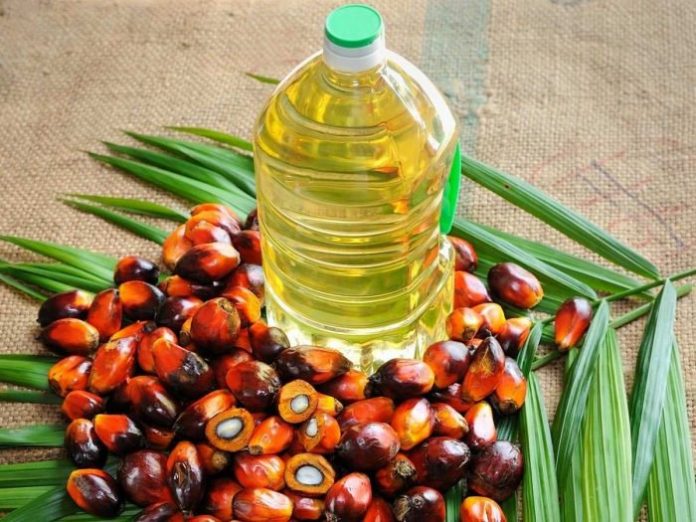KARACHI: Pakistan is gearing up efforts to increase its palm oil imports from Malaysia, following restrictions placed by India, the world’s largest edible oil importer, after Malaysian Prime Minister Mahathir Mohamad criticised its citizenship laws and Kashmir lockdown, Arab News reported.
While last year’s international prices of palm oil increased by 36 percent, this year “rumors that India is going to ban the imports led to a decrease of five percent so far,” Ahsan Mehanti, commodity analysts and chief executive of Arif Habib Corporation said.
Pakistan imports palm oil from Indonesia and Malaysia, which contribute around 84 percent of the commodity’s global production.
India is the world’s biggest palm oil importer. In 2019, its palm oil imports from Malaysia were nearly 4.41 million metric tons. Pakistan was Malaysia’s third top importer, buying 1.09 million metric tons last year. According to Malaysian Palm Oil Council data, Malaysia exported 18.47 million metric tons last year.
Last week, India’s Ministry of Commerce announced general restrictions on palm oil imports. While the controls are not officially country-specific, it has been rumored that Indian Prime Minister Narendra Modi’s government has unofficially requested palm oil refiners and traders forgo Malaysian palm oil, following a diplomatic spat triggered by Mahathir’s public criticism of India’s lockdown of Kashmir and its controversial Citizenship Amendment Act (CAA), widely seen as anti-Muslim.
Indian importers have effectively stopped all palm oil purchases from Malaysia after the government privately urged them to boycott its product.
“If India effectively walks out of the Malaysian palm oil market, the global supply market would be depressed and the prices may further decline. Pakistan will have an opportunity to increase its imports at a relatively low price,” Mehanti said.
In a bid to mitigate the potential loss resulting from the Indian controls, Malaysian officials are trying to sell more palm oil to other buyers in Asia, the Middle East, and Africa.
Last week, Malaysian Minister for Primary Industries, Teresa Kok Suh Sim, attended a conference on edible oil in Karachi and informed the participants that demand for palm oil in Pakistan “has been increasing at a rate of 4.5 percent every year for the past seven years,” mainly due to rising population, higher incomes and increased consumer spending.
Pakistan’s palm oil imports were 3.15 million tons worth $1.84 billion during the last fiscal year FY2019, according to the Pakistan Bureau of Statistics PBS. Palm oil has several applications, ranging from food to cosmetics, and is also a cheaper source of biofuel.




